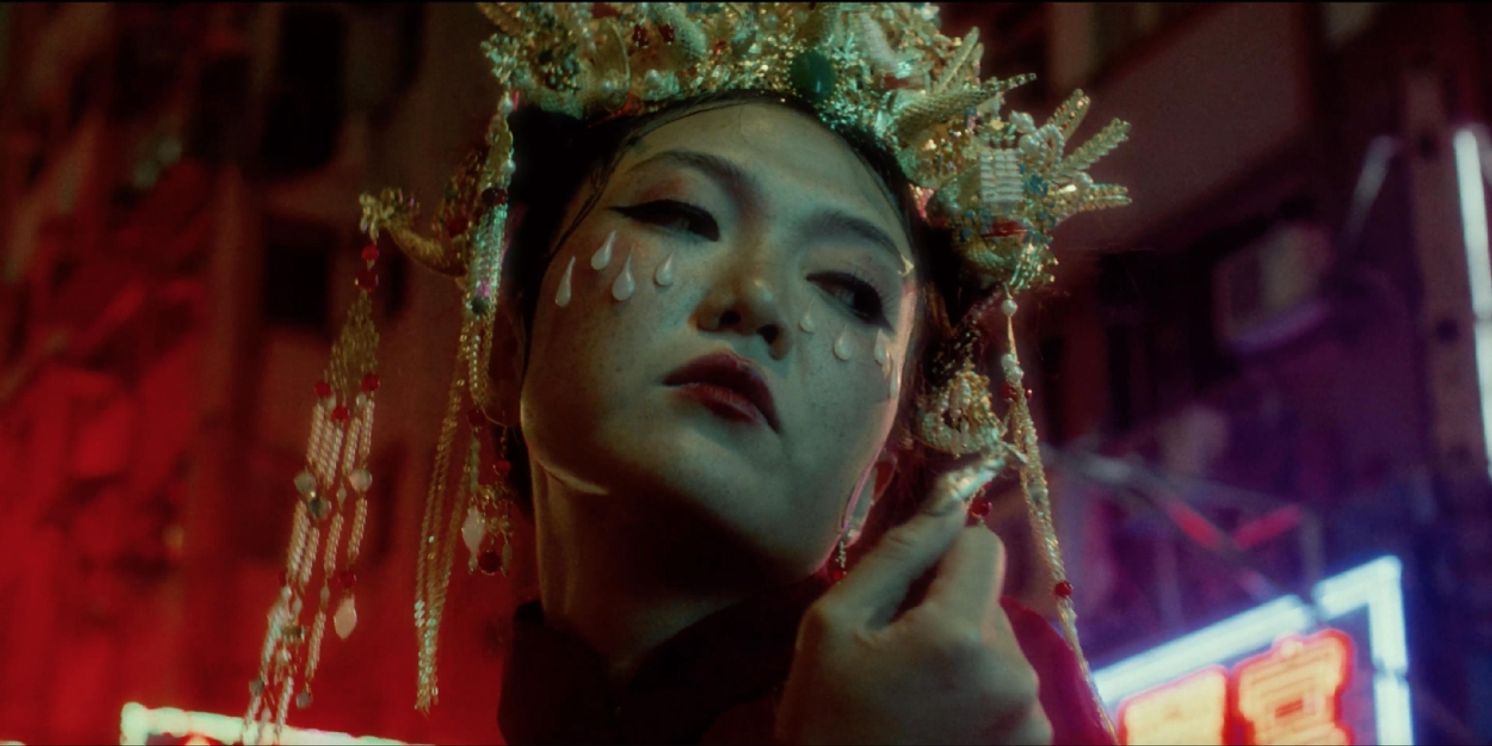Review: THE BRIDAL LAMENT – OZASIA FESTIVAL 2023 at Space Theatre, Adelaide Festival Centre
A journey into a fading history.

Reviewed by Barry Lenny, Thursday 2nd November 2023.
Rainbow Chan 陳雋然 brings a song cycle, The Bridal Lament, to the Festival, inspired by a Weitou ritual in which a bride-to-be, generally between 14 and 17 years of age, expressed her anger and despair at an arranged marriage to a man from another village whom she has never met. Considering it to be a kind of death, the bride would go to the loft to cry and sing in front of her parents, family, and friends. A millennia ago, the Weitou people from Southern China were the first settlers of Hong Kong, living in walled communities, and are considered the indigenous inhabitants. She sings in English and, through her mother, in her native Weitou dialect. The performance juxtaposes traditional songs with her own compositions, blending ancient and modern.
Chan learned about the bridal lament and began investigating the ritual six years ago. The tradition of arranged marriages, and the bridal lament, began dying out in the middle of the last century, and Chan’s own father is not a Weitou. Her mother left Hong Kong in 1996, when Chan was only six years old. Chan had to go back to Hong Kong and make contact with women in their 90s who still remembered the language, ritual, and songs before it was all lost forever. She went to Lung Yeuk Tau, a village on the border of Shenzhen, home to the Tang clan, the oldest and largest of the five major clans to settle in Hong Kong during the Song dynasty.
She draws on a range of compositional techniques, including musique concrète, electronic music, electronically added harmony or chorus to her voice, electronically enhanced traditional instruments, including erhu and temple blocks, and bass and drum backing. She began, though, singing her own a capella composition in Weitouhua, "The flat-headed catfish hides in a dark corner. The scaleless eel is all alone. The pond loach swims in turbid waters. This is how I feel now.”, followed by her mother’s voice, speaking in Weitouhua and Cantonese, with projected translations of her songs and her mother’s commentary throughout the performance.
Chan convincingly conveyed all of the sadness, defiance, or anger associated with each song, in both facial expressions and choreography, while abstract videos played on a large screen, and lighting effects were projected onto the only piece of set, a doorway within a series of curtains of many reflective crystal strands, placed at the top of three wide steps. Her expressive vocals captivated the audience in this highly moving production, and the performance closed to extended applause, which brought tears of joy to her eyes.
Reader Reviews

Videos

